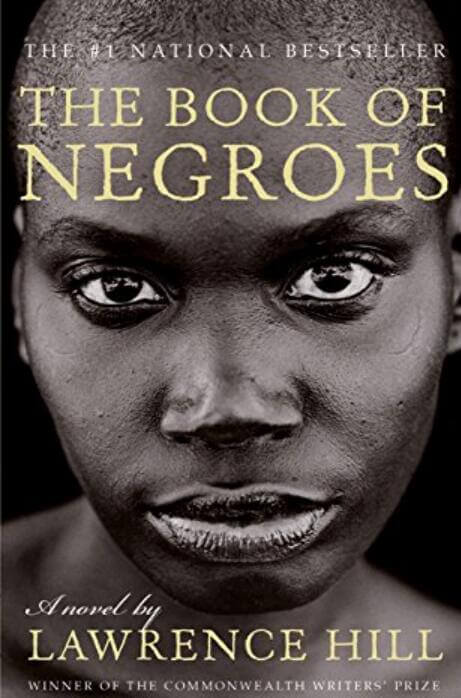
The recent paid suspension of Heather Hamilton, an English teacher from the Catholic school board in London, Ontario, for teaching Lawrence Hill’s novel The Book of Negroes has reignited a heated debate about the role of sensitive language in education. The controversy stems from the School Board’s policy against including educational materials containing the N-word on required reading lists; regardless of their historical or literary context.
Hamilton was reprimanded not only for using the book in her teaching but also for publicly addressing the policy, particularly after speaking directly with author Lawrence Hill. Hill, a prominent advocate for using literature to confront systemic racism, has defended the novel as an essential tool for educating students about slavery and its ongoing legacy. He expressed his concerns in an interview with CBC Radio, stating, “Although it may be well intentioned … my concern is that it essentially excludes, completely excludes, Black voices from the curriculum.”
In response, The London District Catholic School Board released a statement, Clarifying the Use of Resources in LDCSB Schools, sharing that “… it is important to confirm that our school board does not and has never banned books or other educational resources.” Instead, the board explained that books undergo a “vetting process” in line with the Ontario School Board Curriculum to identify language “which may be triggering for students.” Such books are excluded from required classroom curriculum but remain available for students to read independently.
However, according to Hill, Hamilton shared that she had been explicitly instructed by the school board to refrain from teaching his novel and was told, “Under no circumstances am I to teach a novel using the word.”
These sorts of educational directives reflect the growing tension between institutional policies designed to protect students and the critical role of literature in addressing systemic injustices. Many critics argue that schools risk diminishing students’ understanding of history and silencing essential conversations about race and resilience.
Striking a balance between addressing historical realities and fostering a respectful, inclusive learning environment remains a complex challenge for many classrooms in 2025.
The Book of Negroes tells the powerful story of Aminata Diallo, who is abducted as a child from her West African village and forced into slavery in South Carolina. Through resilience and determination, she secures her freedom, registers her name in the real-life “Book of Negroes,” and embarks on an extraordinary journey from Nova Scotia to Sierra Leone, navigating extraordinary challenges. This novel is celebrated for its depth and unforgettable protagonist, and has earned numerous accolades, including the Commonwealth Writers’ Prize for Best Book and the Rogers Writers’ Trust Fiction Prize, cementing its place as one of the most impactful works of Canadian literature.
An avid book reader and proud library card holder, Angela is new to the world of e-Readers. She has a background in education, emergency response, fitness, loves to be in nature, traveling and exploring. With an honours science degree in anthropology, Angela also studied writing after graduation. She has contributed work to The London Free Press, The Gazette, The Londoner, Best Version Media, Lifeliner, and Citymedia.ca.

